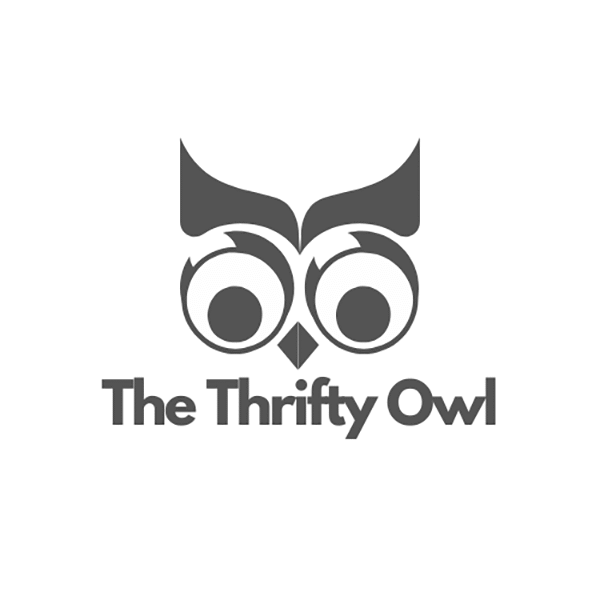Beginner Credit Card Comparison
| Card | Annual Fee | Pros | Cons | Best For |
|---|---|---|---|---|
| Chase Freedom Unlimited® | $0 | ✅ 1.5% cash back on everything, plus 3% on dining & drugstores and 5% on travel via Chase. ✅ Solid welcome bonus. ✅ Pairs well with other Chase cards for more value. | ❌ 3% foreign transaction fee. ❌ 1.5% rate can be beaten by flat-rate cards. | Everyday spender who wants balanced rewards with no fee. |
| Citi Double Cash® | $0 | ✅ Simple 2% cash back on all purchases (1% when you buy, 1% when you pay). ✅ Easy to use, no categories to track. | ❌ 3% foreign transaction fee. ❌ Few perks beyond cashback. | Someone who wants predictable rewards and simplicity. |
| Discover it® Cash Back | $0 | ✅ 5% cash back in rotating categories (up to quarterly limit). ✅ Dollar-for-dollar “Cashback Match” in your first year. ✅ No foreign transaction fees (rare for a starter card). | ❌ You must activate categories every quarter. ❌ 5% bonus may not always match your spending habits. | Beginners who want high cash back potential and don’t mind managing categories. |
| Capital One Platinum Secured | $0 (but requires refundable deposit) | ✅ Designed for people with limited or no credit. ✅ May require only a small deposit (as low as $49). ✅ Reports to all three major credit bureaus. | ❌ No rewards program. ❌ Lower credit limits until upgraded. | Someone new to credit or rebuilding their score. |
| Capital One QuicksilverOne | $39 | ✅ 1.5% cash back on everything. ✅ No foreign transaction fees. ✅ Good for travelers who want a simple card. | ❌ Annual fee. ❌ Higher APR than some competitors. | Beginners with fair credit who travel abroad or want simple rewards. |
👉 Quick Tip: If you’re brand new with no credit history, start with a secured card like the Capital One Platinum Secured. If you already have decent credit, a no-fee cashback card like the Chase Freedom Unlimited or Citi Double Cash is an excellent first step.
